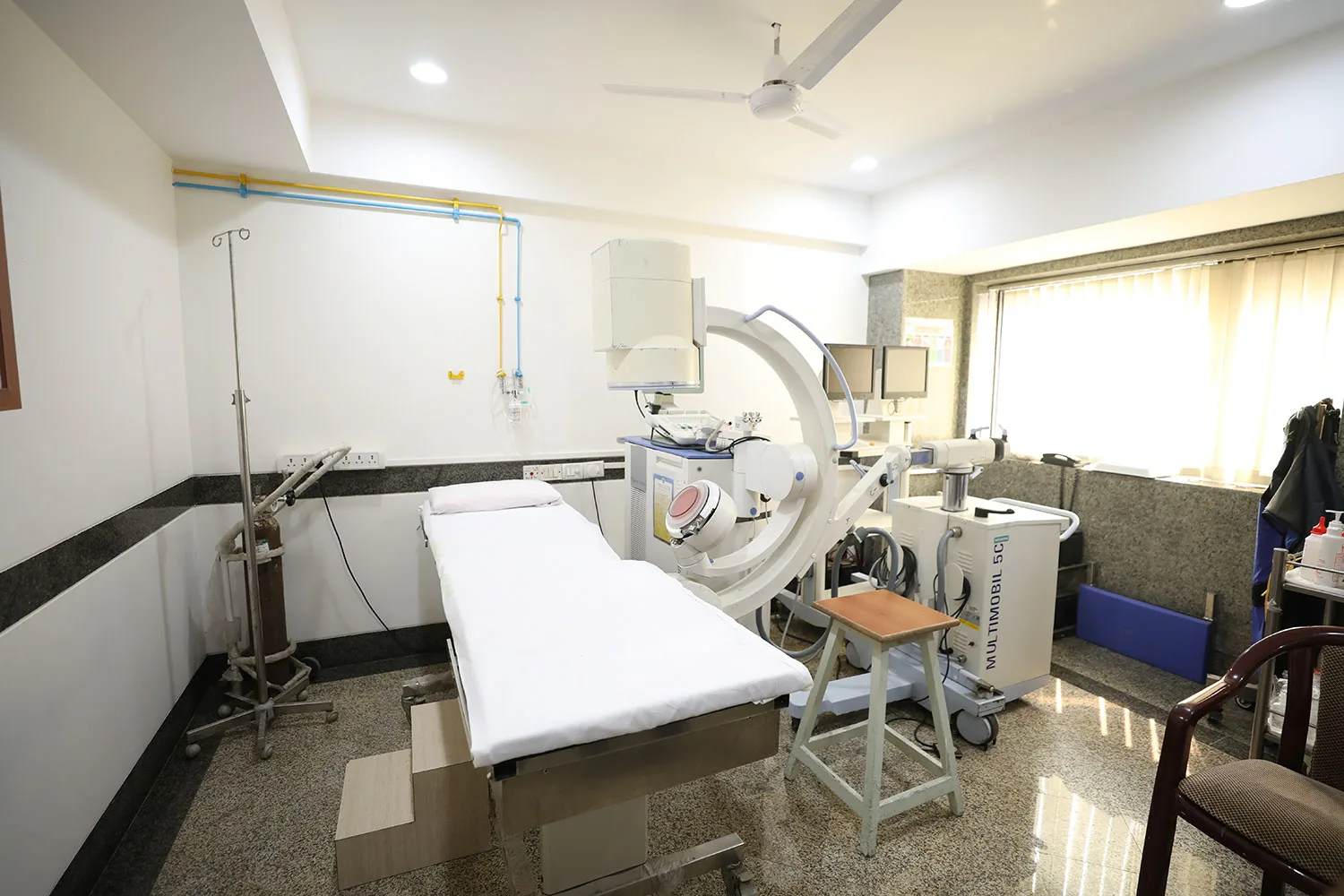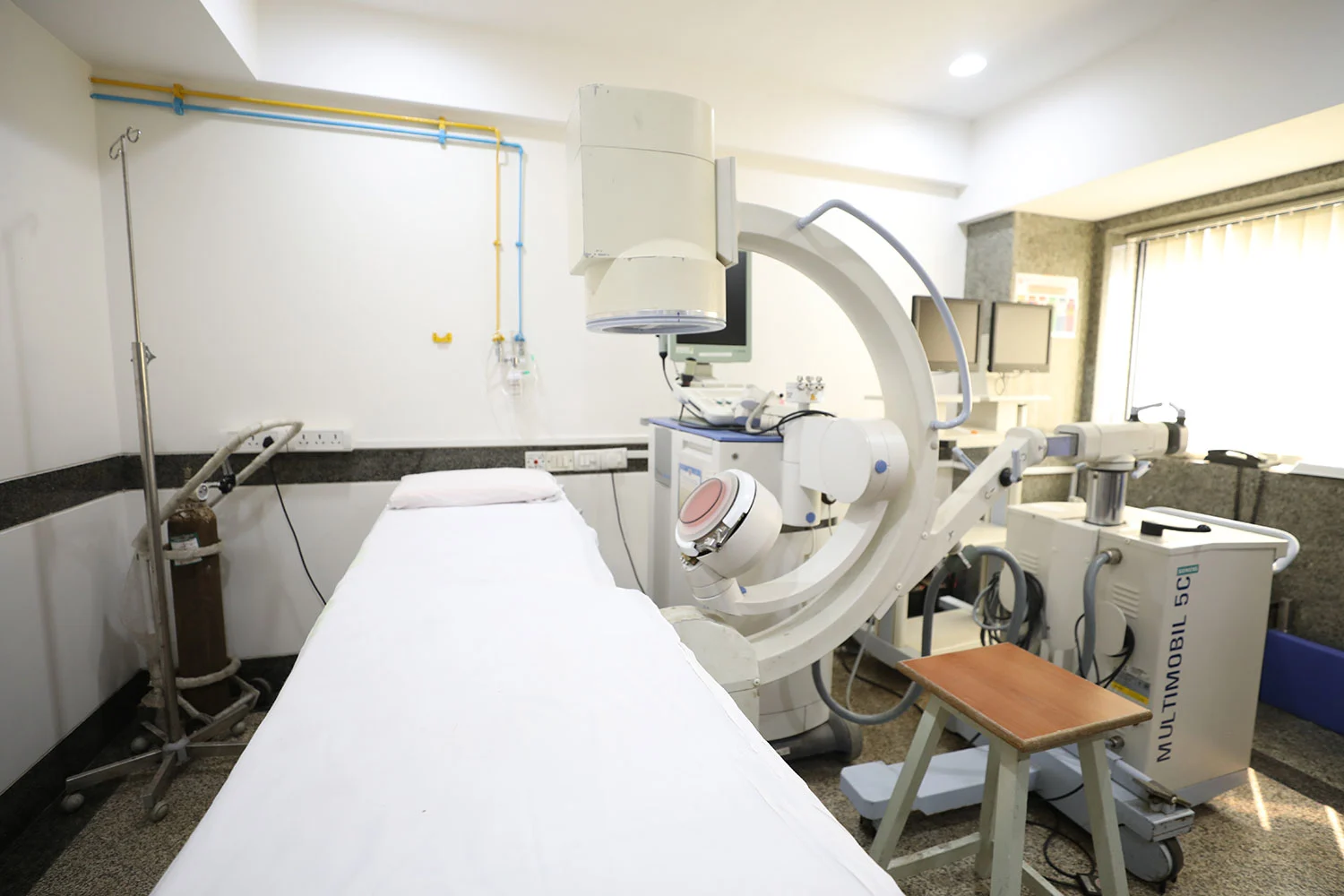Lithotripsy is a medical procedure used to treat kidney stones. These stones are collections of solid minerals that sometimes form in the kidney. Healthy kidneys do not have these stone-like formations. Most stones pass out of the body naturally during urination.
Stones may consist of small, sharp-edged crystals, or smoother, heavier formations that resemble polished river rocks. Sometimes these larger formations do not pass in the urine. These stones can cause kidney damage. People with kidney stones may experience bleeding, pain, or urinary tract infections. When stones begin to cause these types of problems, your doctor may suggest lithotripsy in order to break up the stones.
Lithotripsy uses sound waves to break stones apart. These sound waves are also called high-energy shock waves. The most common form of lithotripsy is extracorporeal shock wave lithotripsy (ESWL). Extracorporeal means “outside the body,” and in this case refers to the source of the shock waves applied from outside the body using a special machine.
ESWL is a noninvasive procedure, because it does not require a surgical procedure. Noninvasive procedures are generally safer and easier to recover from than invasive procedures.
The lithotripsy procedure takes about 45 minutes to one hour to perform, and is usually done on an outpatient basis.



